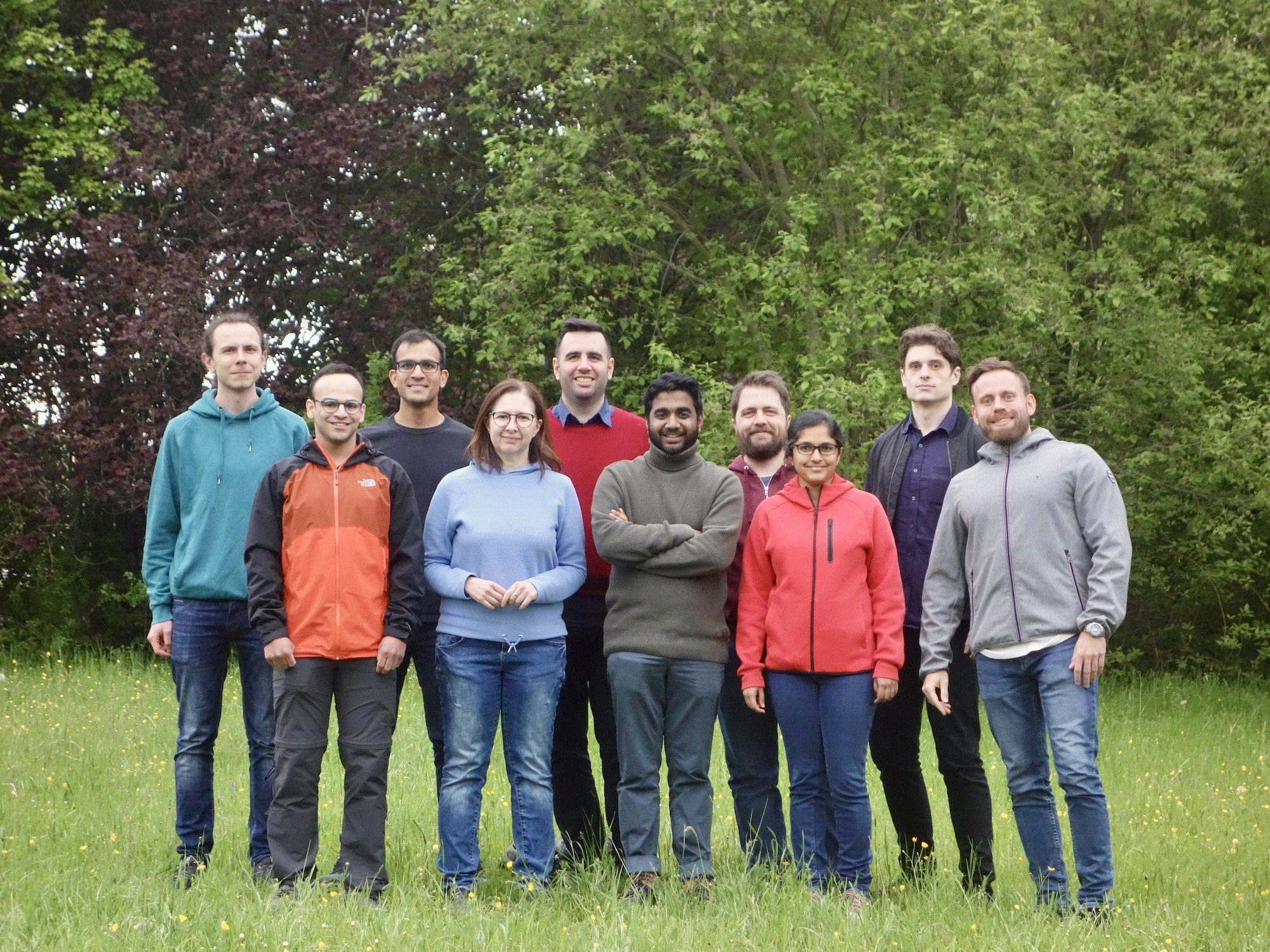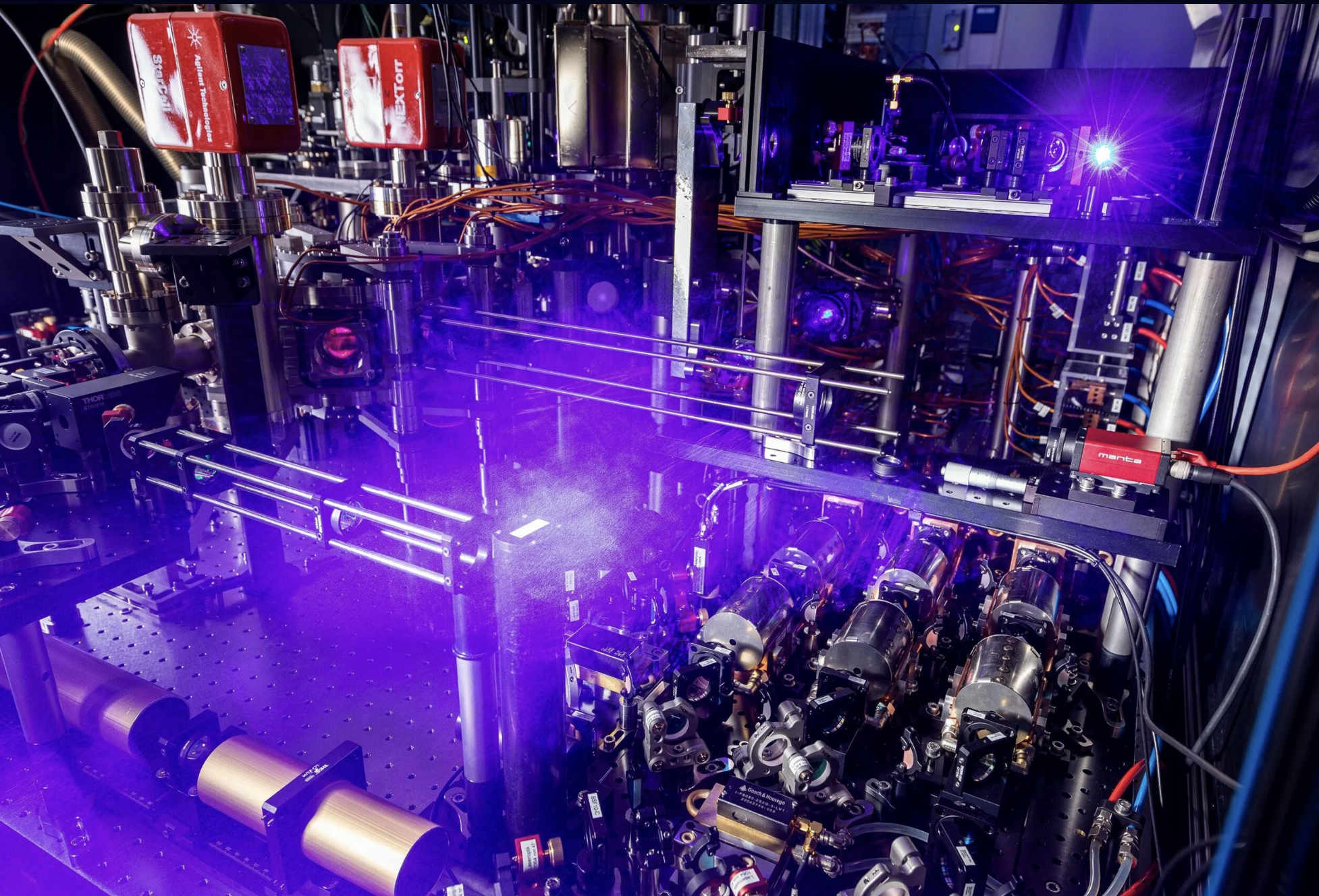IQM, the Finnish quantum computing hardware provider, has raised a €128m round led by climate tech investor World Fund — Europe’s largest quantum round ever. The fundraising comes as Europe’s quantum efforts are ramping up — this month saw the launch of the continent’s first dedicated quantum VC fund while governments are also pledging increased support for the industry.
The new funding will go towards IQM’s work on developing quantum computers to produce solutions to the climate crisis.
What is IQM?
Launched in 2018, IQM is already the best-funded of Europe’s quantum computing startups. It's now raised €178.5m from investors, and €200m if you include public grants and loans.
The company is one of the few European startups focused on quantum computer hardware — a field where it is up against big US companies like IBM and Google. It plans on selling its computers to research labs, data centres and companies.
How can quantum computing help the climate crisis?
Computers, both quantum and conventional, are machines which you programme a problem into and get an answer back. The problem with conventional computers is that there are some problems that are so complex that they’d be calculating the answer for thousands of years — or potentially forever.
“The promise of quantum computers is that for some of those problems, they can create a shortcut, which brings the timescale from 1000s of years, to hours, minutes or seconds,” explains IQM’s cofounder and CEO Jan Goetz.
👉 Read: The different types of quantum computer startups, explained
If we’re going to tackle the climate crisis, there are complex problems we need to overcome — and quantum computing companies believe they can help.
“We’re not saying that quantum computing can solve the climate crisis, but I think quantum computers can have some impact in a positive way and can help reduce CO2 emissions to a certain extent,” Goetz says.
Better batteries, more efficient solar and a replacement for concrete
One of the key applications where IQM thinks quantum could have an impact is on developing more efficient batteries to better replace the combustion engine. Quantum computers can more accurately simulate the way chemical processes work at an atomic level — and that precision can help develop more efficient batteries.
The computers could also simulate the processes within a solar power cell, to work out how to increase the percentage of the light spectrum that gets turned into electric energy.

Goetz says the computers could also work on alternatives to materials like concrete (which produces a significant fraction of global emissions), as well as working on energy grid optimisation and making the traffic flow of cities more efficient to lower CO2 emissions.
Other companies are also working on climate applications. French quantum startup Pasqal just made a deal with chemical company BASF, to work on better weather modelling technology.
How big can the impact be?
Quantum computing is still in its early stages. Eventually, companies intend for them to replace large computing centres, which work for days on a problem.
At present, conventional computing centres can run faster than quantum, but companies like IQM say the tech should surpass the centres in speed soon.
McKinsey estimates that quantum computing could help develop technologies with the potential to abate 7 gigatonnes of CO2 a year by 2035.
Guessing the emissions savings of solutions that hasn’t yet been thought up is a speculative game, and Goetz is slightly more modest in his predictions of the impact. For the use cases IQM is already working on, there could be 100 megatonnes of CO2 emissions saved by 2040.
“We might see the first applications before 2030,” he says, “but there's some uncertainty on the timescales, so we wanted to be on the safe side.”


